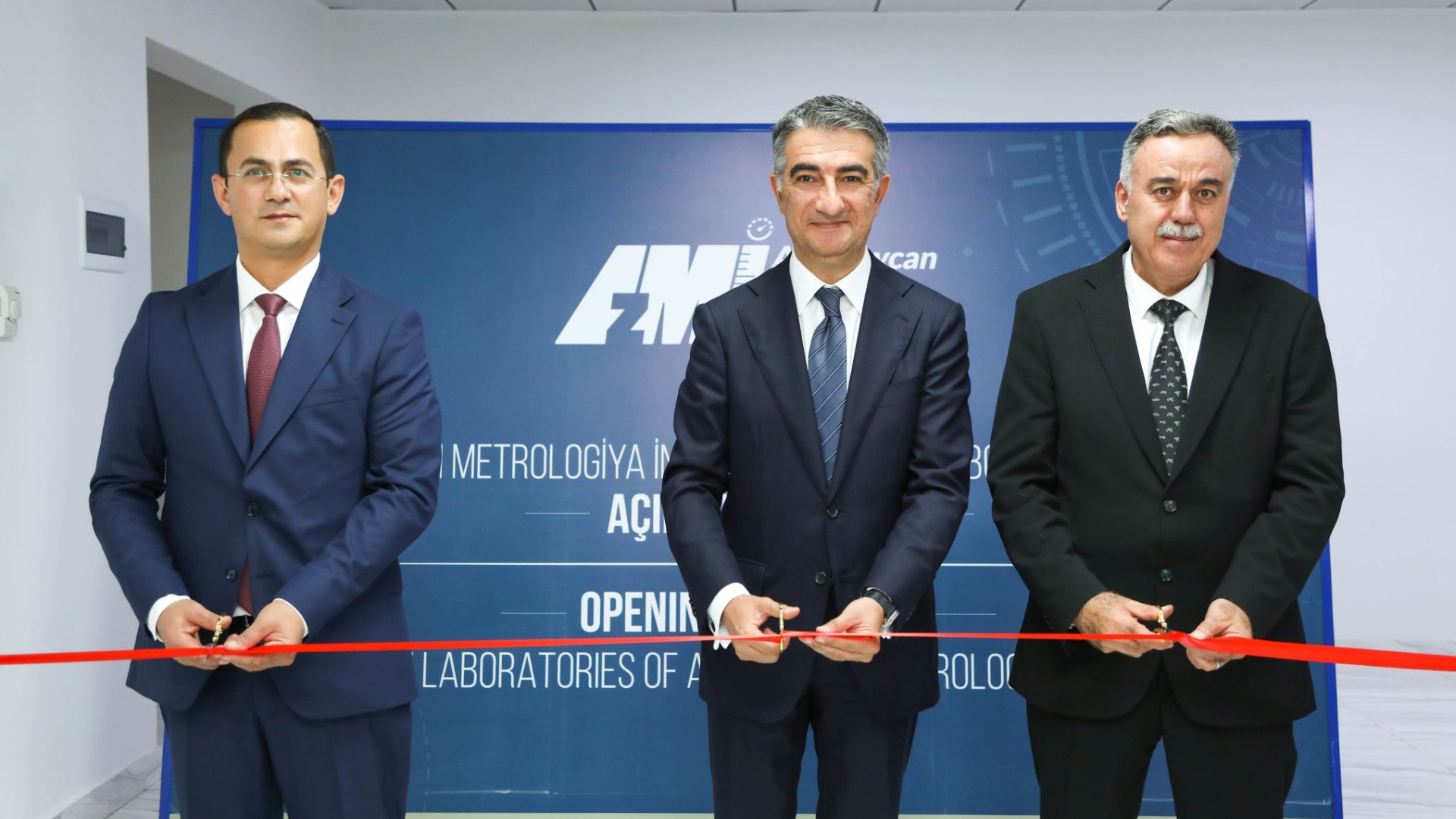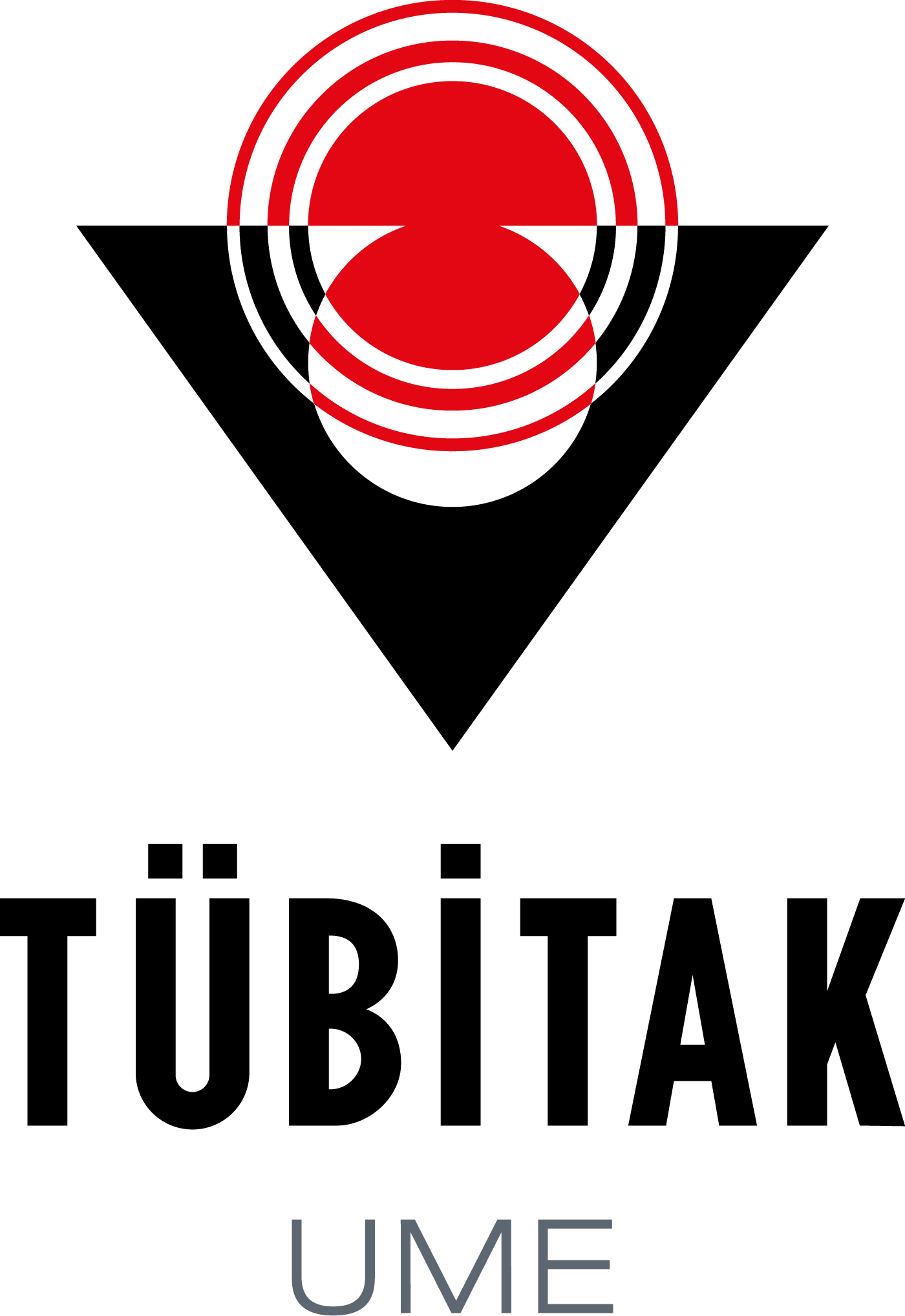TÜBİTAK National Metrology Institute (UME) has succeeded in producing the first national and domestic Rubidium-based atomic clock as a result of the studies it initiated for the production of laboratory-type atomic clocks for use in positioning satellites with its own means in accordance with TÜBİTAK's understanding of producing pioneering, national and domestic alternatives in every field.
A cooperation protocol was signed between the Turkish Space Agency and TÜBİTAK UME on September 28, 2020, which includes the work that can be carried out for the agency within the scope of the institute's capabilities, including the space-qualification of the atomic clock.
At the ceremony attended by Deputy Minister of Industry and Technology Mehmet Fatih KACIR, the protocol was signed by Serdar Hüseyin YILDIRIM, President of the Turkish Space Agency, and Dr. Mustafa ÇETİNTAŞ, Director of TÜBİTAK UME.
In the next stage, this atomic clock is planned to be transformed into a form suitable for the space environment, and then sent into space to be tested in a real space environment. The know-how, trained manpower and production capacity to be obtained in this way will make a very important contribution to our country's efforts to create a domestic and national positioning system.
Since the atomic clock, which will be space-qualified with domestic and national facilities, will cost incomparably cheaper than the samples to be purchased from abroad, it will provide a great gain to our country in terms of cost. In fact, since it is a critical technology, export opportunities may arise and our country will be able to provide foreign currency inflow in this field.
In addition, TÜBİTAK UME took the necessary steps to invest in the future of our country and launched the Strontium-based optical atomic clock project, which has a very important value for the domestic and national positioning system.
Optical atomic clocks, the latest technology in time measurements, have the potential to produce time information at least a hundred times more accurate than existing atomic clocks. The Sr optical-mesh atomic clock to be developed by TÜBİTAK UME is expected to measure with a deviation of less than 1 second in 1 billion years. By using the time information of ground stations equipped with such clocks for national positioning systems, the national positioning system will be able to obtain much more precise position information.
On the other hand, in 2026, the CGPM (General Conference on Weights and Measures) is expected to replace the definition of the time unit second with a new definition based on optical frequency standards that are a hundred times better than the accuracy of current atomic clocks. This will make the Strontium-based optical atomic clock to be developed by TÜBİTAK UME much more valuable for our country's compliance with the new definition of the time unit.
With the optical atomic clocks to be developed, the current accuracy of our country's national time scale will be increased by more than a hundred times. It is predicted that the use of optical clocks will pioneer innovations in many fields such as positioning (navigation), fast communication, electronic signature, new generation radar systems, development of engineering products, relativistic geodesy, quantum computing and many similar fields, especially the redefinition of the second and basic physical constants.










